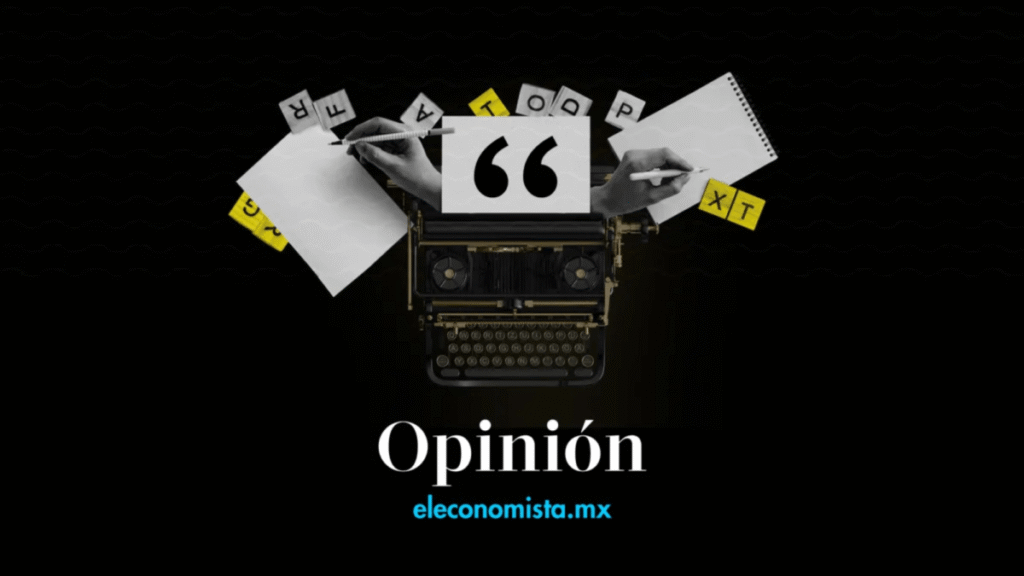Introduction
Former US President Donald Trump’s relationships with Latin American leaders are limited, with notable exceptions: Nayib Bukele of El Salvador and Javier Milei of Argentina. This reflects the absence of a favorable US policy towards the region, as evidenced by the cancellation of the USAID program—the flagship agency for soft power diplomacy.
Trump’s Bilateral Relationships
Trump’s approach to Latin American governments focuses on bilateral relations based on US interests in migration, trade, and investments. This starkly contrasts with past policies like the Alliance for Progress, which favored the region.
Trade Impact
With tariffs imposed by Trump, North America is expected to be the most commercially affected region this year. The World Trade Organization estimates a 13% decrease in the region’s exports, while Asian countries are projected to see a 16% growth.
Economic Consequences
Deportations strain the US economy, which relies on industries where migrant labor is crucial. Moreover, the criminalization of migration has fueled xenophobic attitudes within the US, exacerbating humanitarian conflicts.
The Federal Reserve acknowledges that migrant workers have bolstered the US economy during the COVID-19 era and warns that reduced immigration would be detrimental.
Economic Outlook for Latin America
The Economic Commission for Latin America and the Caribbean (ECLAC) forecasts a meager 2% economic growth for the region this year, hampered by financial market volatility and reduced demand. Mexico’s projection stands at a low 0.3%, necessitating surpassing this threshold to resume economic and social development.
China’s Influence in Latin America
Trump’s erratic stance has allowed China to strengthen its ties with Latin America. Brazil, for instance, imports 30% of its consumption from China.
Mexico’s Development Initiatives
Mexico is actively promoting economic growth through the Mexico Plan, focusing on road, port, and customs infrastructure improvements. The country also harbors 1,937 investment projects carrying technological value and job creation potential.
Conclusion
Key Questions and Answers
- Q: Who are Trump’s allies in Latin America? A: Nayib Bukele of El Salvador and Javier Milei of Argentina.
- Q: How has Trump’s policy affected Latin America? A: The cancellation of USAID and imposition of tariffs have negatively impacted the region’s economy, trade, and migration.
- Q: What is the projected economic growth for Latin America? A: ECLAC estimates a 2% growth, affected by financial market volatility and reduced demand.
- Q: How has China’s influence grown in Latin America? A: Trump’s erratic stance has enabled China to strengthen its relationships with the region, as seen in Brazil’s heavy reliance on Chinese imports.
- Q: What initiatives is Mexico undertaking to foster economic growth? A: Mexico is investing in infrastructure improvements and nurturing technological projects to create jobs and stimulate economic development.






